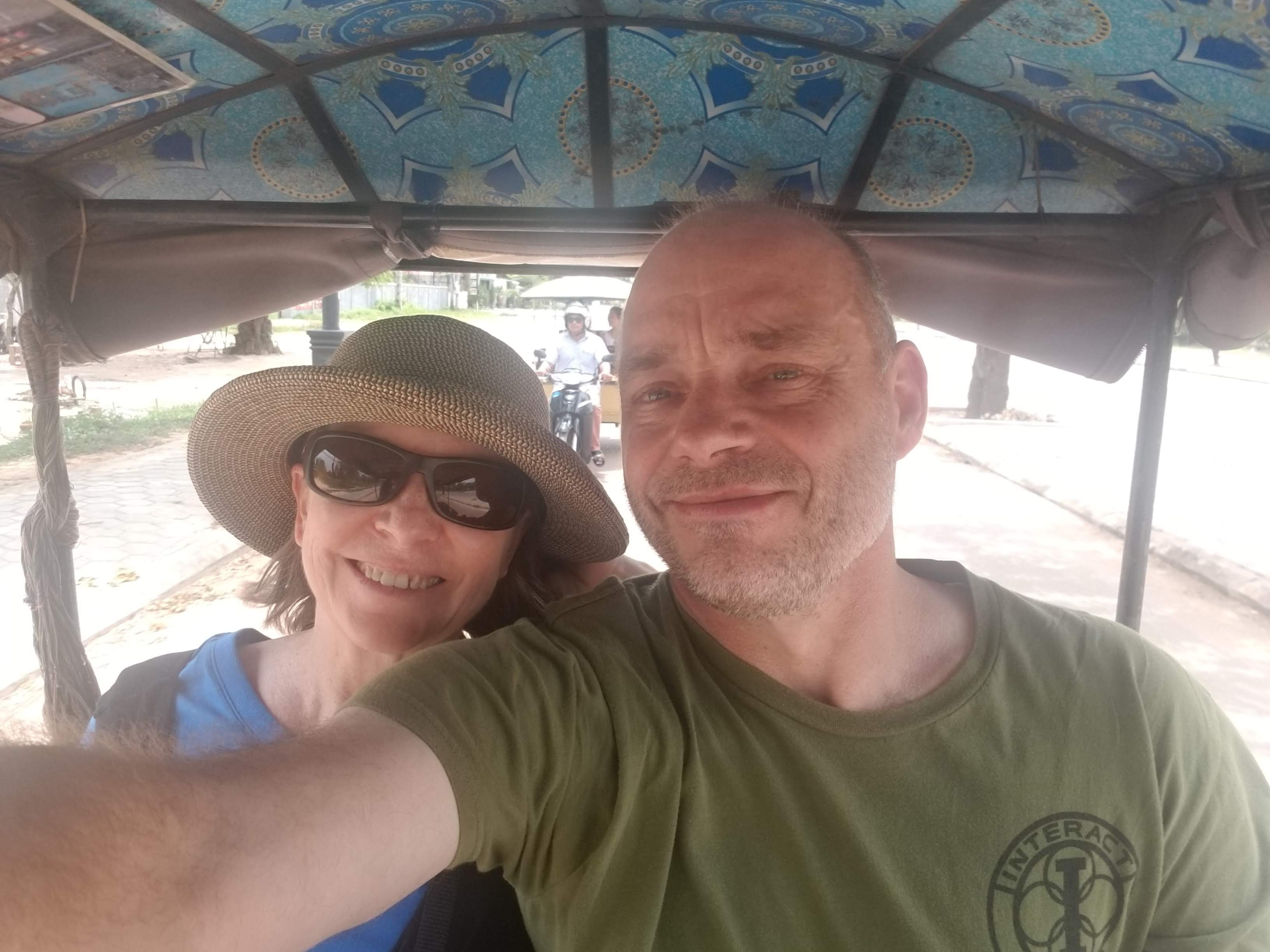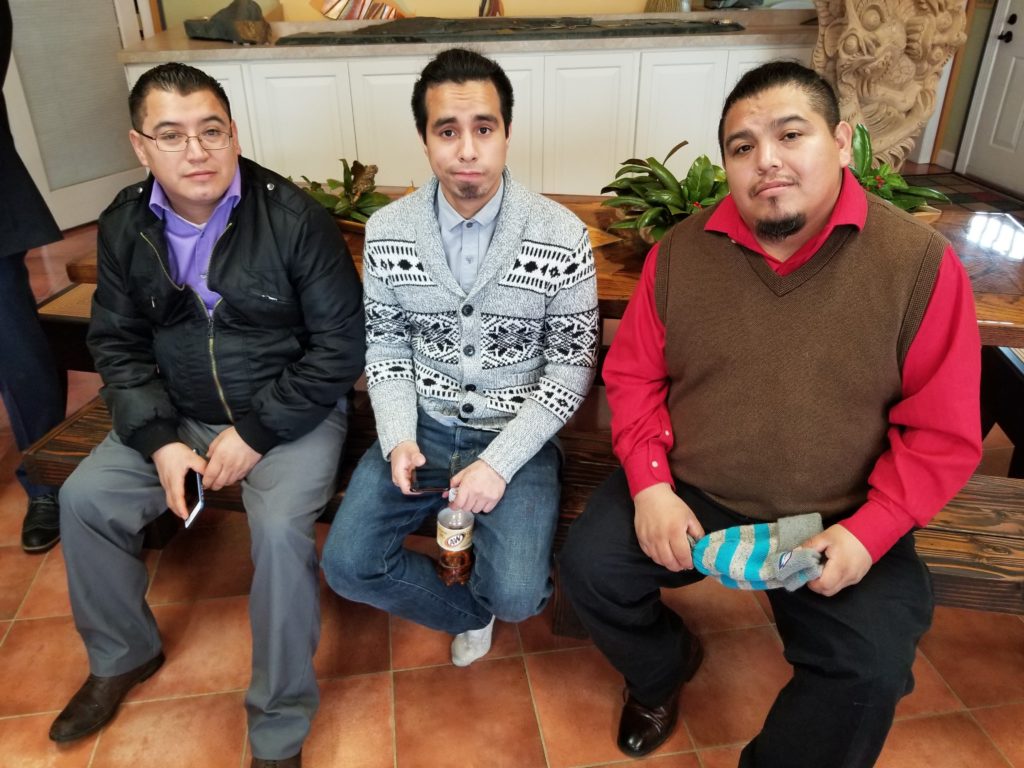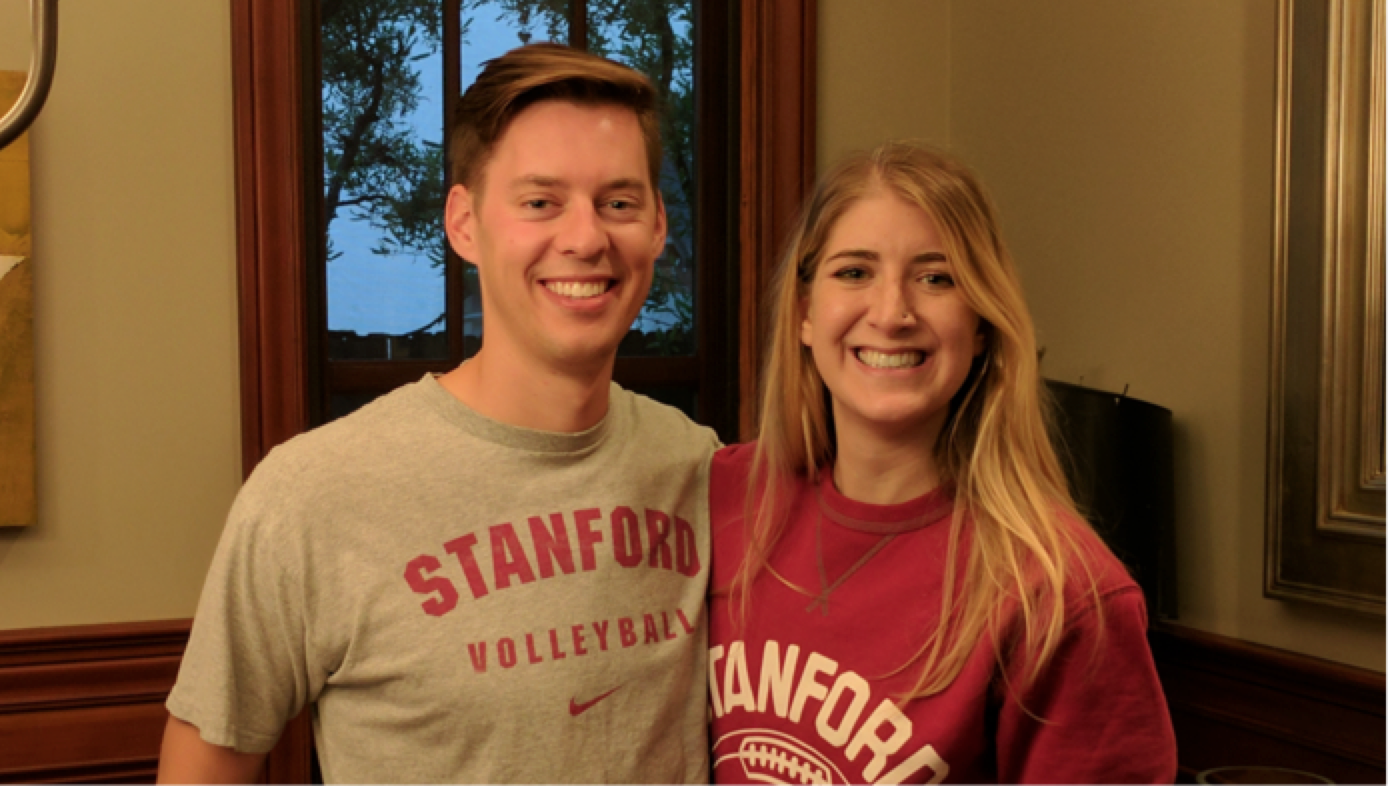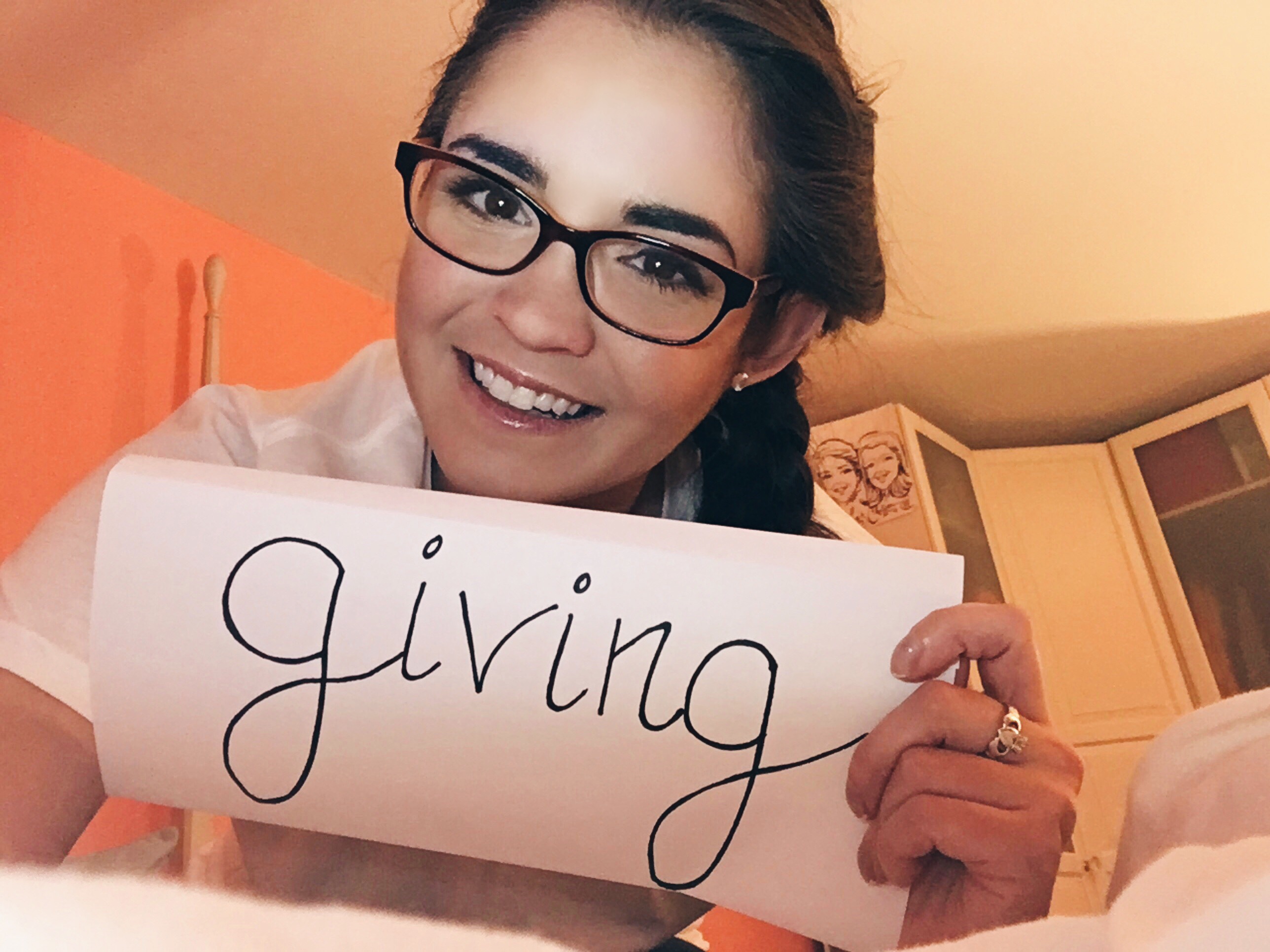It was very clear to me early on that I wanted to be a father. The imprint was so strong that when I was diagnosed with CF at 15 my most salient concern was not that I had just found out that I had a shorter life span, but that I couldn’t have children. When my wife and I married, we both wanted children and moved quickly into the adoption rather than procreation mode. Our inquiries led us to believe that we wouldn’t be approved for a newborn baby or two, but this wasn’t a problem as I didn’t think I could manage the lost sleep for the first five years. In addition, CF wasn’t as well known – there were none of the life-extending medicines that exist today – so we were pretty clear that we should only apply for harder-to-place children. We were also told that we wouldn’t be able to get American children, whatever their age. We began to look overseas and, after an amazing two-year adventure I am saving for my book (!), we brought home Manuel and Alberto, two Mexican children aged 13 and 11. A few years later, we adopted Eduardo from Texas, a 5-year old with CF, partly because we felt we were well positioned to manage his situation better than the average parents.
Cystic fibrosis was more of an existential obstacle back during our adoptions. Social workers didn’t know much about it except that it was fatal and that at 28 I was a rare survivor. The Mexican social service agency was particularly blunt, in that they preferred to deal exclusively with my wife because she would have to be raising the children on her own when I died – which they presumed was imminent. For Eduardo, my having CF was an advantage – oh, how times have changed! – as the agency concurred with our belief that we would know what to do with him. This would never happen today because of the separation requirements, and I have mixed feelings about that (and don’t follow them).
I am saddened by the general resistance to adoption that is still present today. For me, I think blood relationships are over-rated. Families are built day-by-day and every family is different from all others. The way we built our family (three sons, four grandkids, and one great-granddaughter!) had a profound effect on how we live our life. We worked to not have our expectations shape their outlook – as much as possible – and have built strong, loving, and deeply intertwined relationships with each son.
Building our family – beyond the adoption – was a difficult, challenging, soul-confirming struggle that continues to this day. Any child brings his own needs and strengths to a family, regardless of adoption status, and parents need a strong commitment to raising them the best way possible in spite of the struggle. Having CF complicated matters somewhat for us, but not significantly. It was difficult to explain to my oldest sons what a hemoptysis was when I went into the hospital within a couple of months of their adoption, but in the end they took their cues from my wife and me. They knew life could be tough, so CF was more of the same. They were grappling with their own issues and as my CF went through a mild/moderate stage for a while, we were able to focus on their needs rather than my own. For Eduardo, we planned how to raise him from the start. His CF has been mild so far – no hospitalizations since he came to us 21 years ago – which complicates his commitment to self-care. All three boys have been supportive and loving of me as my health has deteriorated of late, but we have been clear with them about the eventual prognosis.
The reactions to our family have been what I would have foreseen when multi-racial families are out in the world. While our children found themselves unprepared for the racist place (the US) that they found themselves in, we have found that discussion, clear beliefs, and a sense of looking forward have always served us well. There are times in which our children were confronted by peers for wondering why their parents didn’t look like them; we expected this and did our best to prepare them for these. I know that all of us are better off for having found each other. CF has been less of a deciding factor in our shared lives together, although that is likely to change soon. I am confident that my family – adopted, married, birthed – will help me through this next period.
James Albright is 55 years old, married, and has cystic fibrosis. He lived most of his childhood overseas and, therefore, was not correctly diagnosed until he was 15. He worked as a television station manager, an economist, an urban planner and, most recently, an educator and school administrator. He retired on disability last year after serving as a middle school principal in Washington DC for six years.






